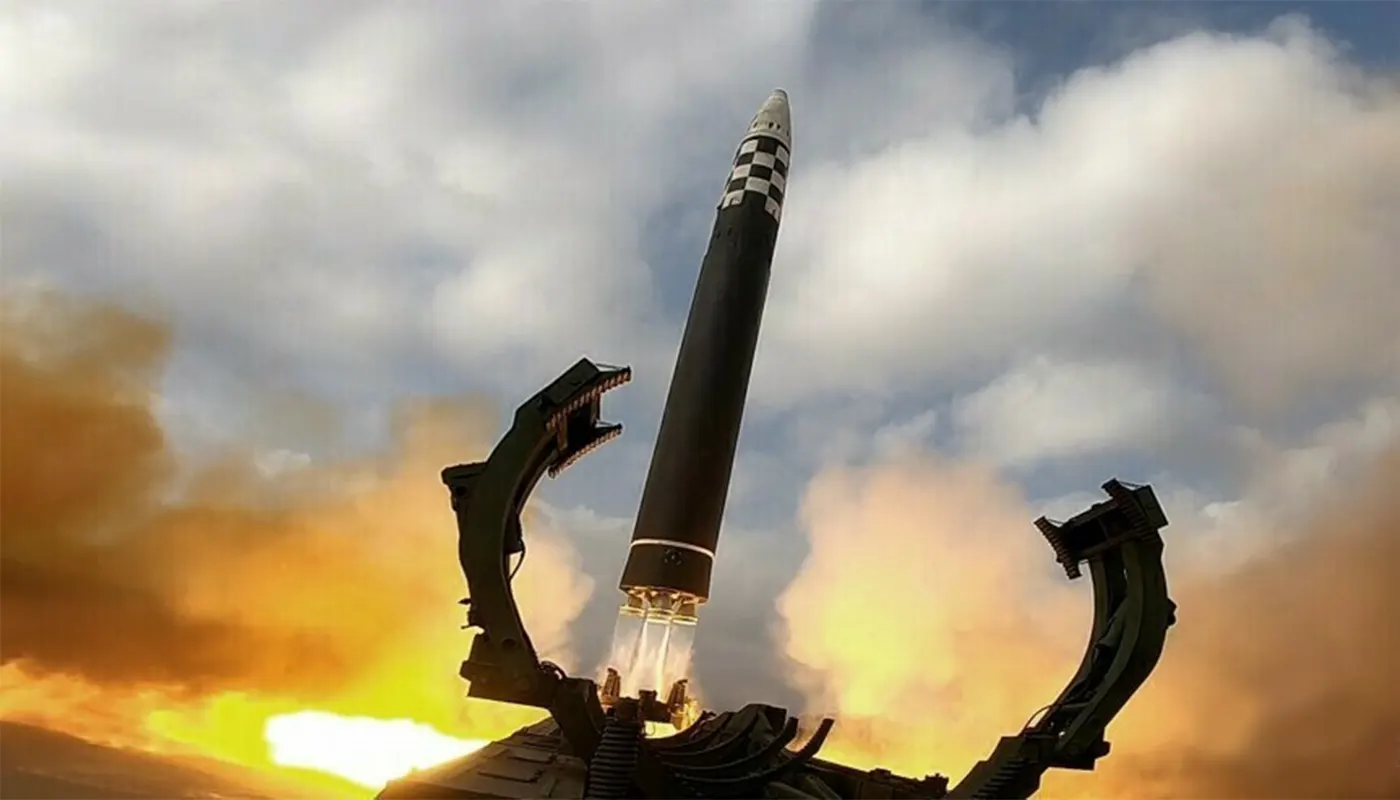Following its military strikes on Iranian nuclear facilities, the U.S. State Department has reiterated its firm commitment to the denuclearization of North Korea, framing both issues within a broader counter‑proliferation doctrine.
At a Tuesday briefing, State Department spokesperson Tammy Bruce stated that Washington remains “committed to the complete denuclearization of North Korea,” while declining to speculate on potential military responses if diplomacy fails. The reaffirmation comes directly in the wake of the June 21 airstrikes on Iran’s Fordow, Natanz, and Isfahan nuclear sites—measures U.S. officials say serve as a precedent for deterring nations from pursuing nuclear weapons.
Critics warn that the Iran strike may have the opposite effect: reinforcing Pyongyang’s belief that nuclear weapons are essential for survival. Analysts from Radio Free Asia report that South Korean experts believe North Korea will accelerate its nuclear weapons development, arguing that “only possession of nuclear weapons can lead to survival”.
While the U.S. stance underscores deterrence, it also acknowledges that diplomacy remains the preferred path. Bruce noted the administration “declined to comment on hypotheticals,” signalling that non‑violent methods are still the priority.
This marks a continuation of Washington’s post‑strike policy positioning—using military action as a warning, while reaffirming longstanding commitments to denuclearize major threats. How Pyongyang responds remains uncertain—but this articulation of U.S. policy could determine future engagement strategies across East Asia.





